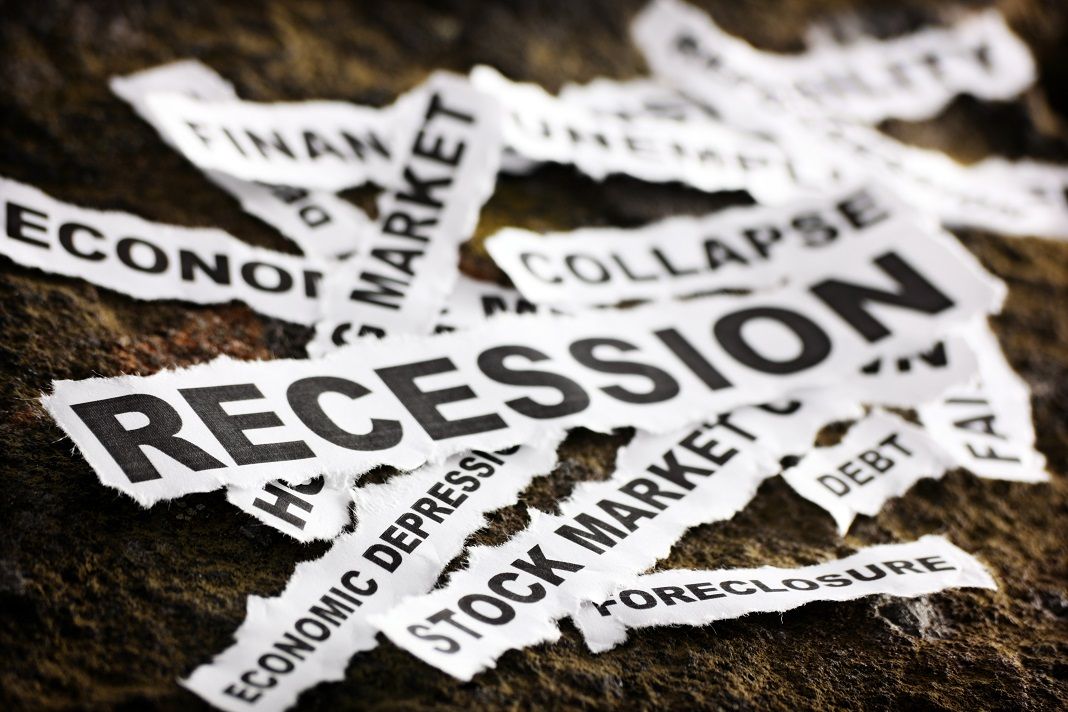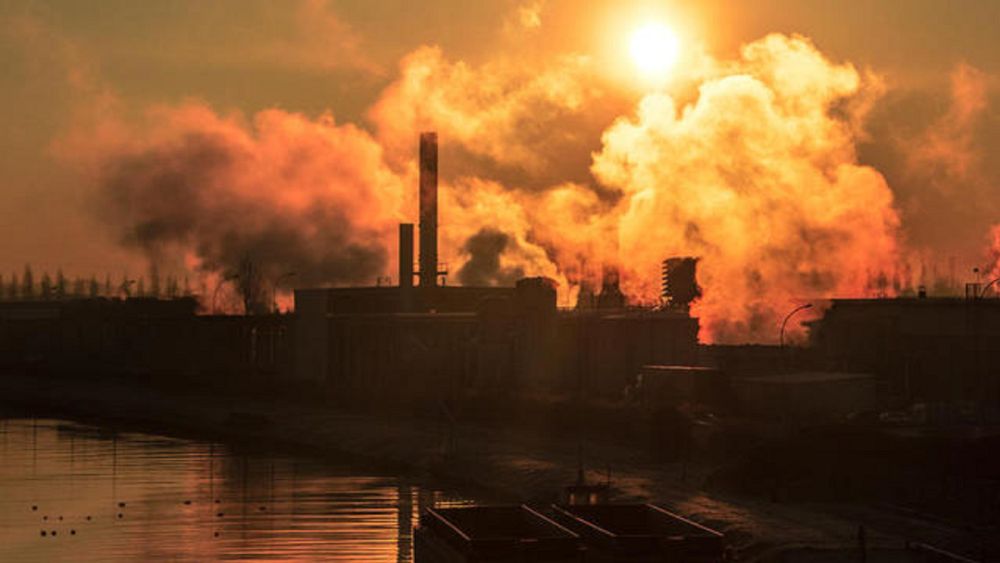In the wake of economic downturns, particularly the notable Great Recession of 2008, surprising research findings have emerged, suggesting a paradoxical link between recessions and longer life expectancy. While such periods typically evoke images of financial instability and hardship, recent studies indicate a silver lining: a decrease in mortality rates among Americans. Economists from esteemed institutions like MIT, the University of Chicago, and McMaster University have delved into this phenomenon, uncovering a fascinating correlation between rising unemployment rates and declining mortality rates.

The findings suggest that for every 1 percentage point increase in unemployment, the age-adjusted mortality rate for Americans dropped by 0.5%. This unexpected trend has significant implications, suggesting that economic downturns may inadvertently provide a boost to public health. Interestingly, the benefits of this decrease in mortality rates transcend demographic boundaries, impacting individuals across gender, race, and age groups. However, the most pronounced effects were observed among those aged 25 and above with a high school diploma and individuals over 65, highlighting the potential vulnerability of these groups during economic crises.

Further analysis points to a compelling explanation for this phenomenon: a reduction in air pollution. Economic recessions coincide with decreased industrial activity, leading to improvements in air quality. This decrease in pollution levels, particularly PM2.5 particles, has been attributed to a decline in deaths related to heart disease and other pollution-associated ailments. However, concerns about air quality standards linger, with only a handful of countries meeting WHO guidelines. These findings underscore the importance of environmental regulations and transitioning away from fossil fuels to safeguard public health during economic fluctuations.

While economic recessions may bring about myriad challenges, they also offer unexpected benefits in the realm of public health. The correlation between recessions and decreased mortality rates, driven largely by improved air quality, highlights the intricate interplay between economic factors and human well-being. As policymakers and global leaders navigate the complexities of economic policy and environmental sustainability, these findings serve as a poignant reminder of the need for balanced, holistic approaches to promoting societal welfare.

